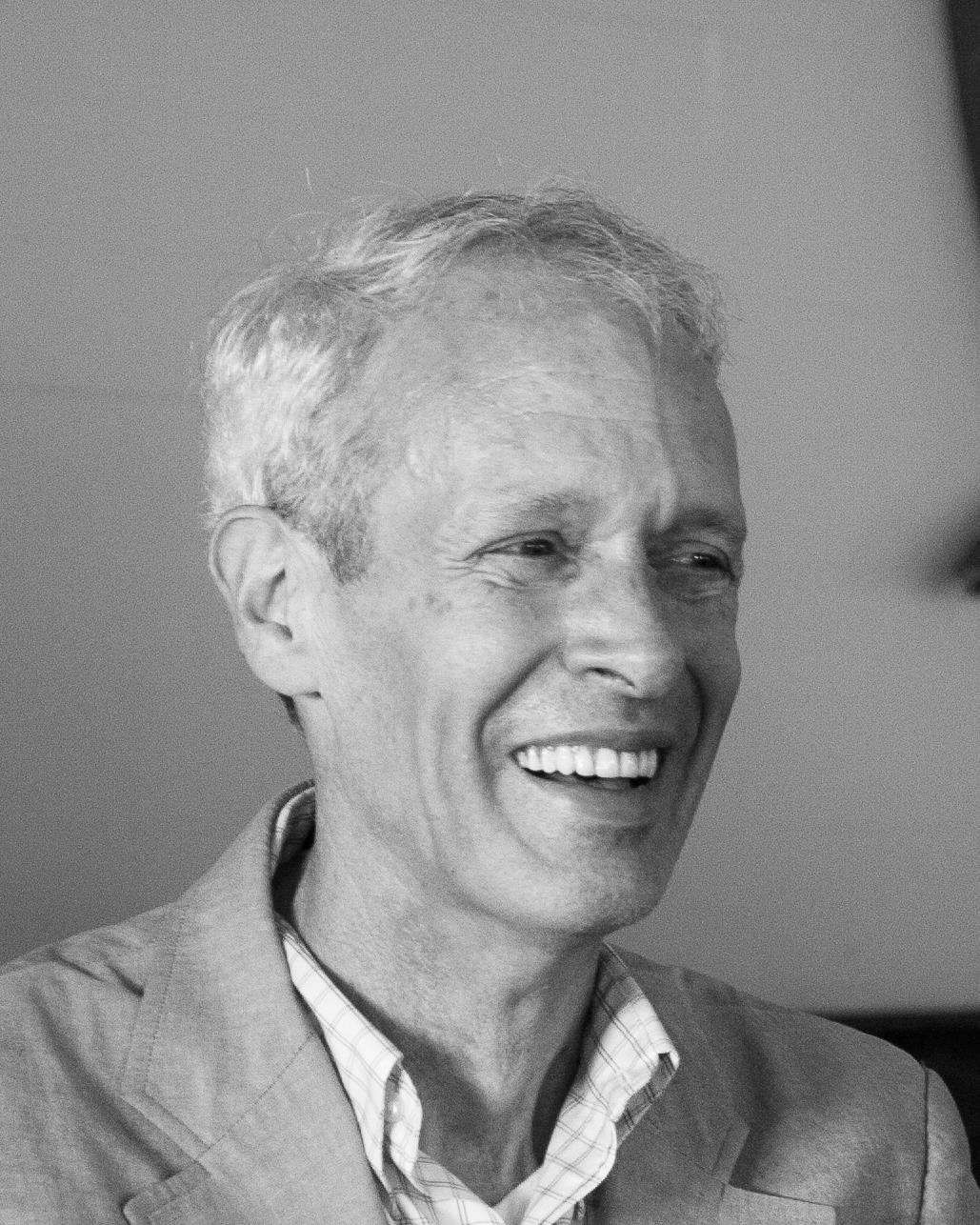We all know the saying “think globally, act locally.” On Vashon, we take that to heart. People here work through Audubon, the Land Trust, the Nature Center and other groups to protect nature on Vashon.
But the world beyond Vashon threatens: climate change is happening. Audubon’s national scientists have shown that climate change is the number one threat to North American birds, including 189 species in our state, and many Vashon favorites. Birds have evolved to live and breed within specific climate ranges. In response to a warming climate, more than 60 percent of North American birds have already shifted their wintering ranges northward. Soon, they may have nowhere left to go.
There is something we can do about this. This fall, we will vote on Initiative 732, a measure designed to reduce the carbon emissions that lead to our warming climate.
I-732 would impose a significant tax on carbon emissions. It is modelled on the carbon tax program of our neighbors to the north in British Columbia (in place there since 2008). The carbon tax would add 25 cents per gallon of gasoline. It would also fall on carbon-polluting electricity generation (mostly coal burning), as well as industrial processes that pollute. The rate of tax on carbon would rise over time.
I-732 is designed to be “revenue neutral.” The funds generated by the carbon tax would be returned to taxpayers, primarily through a 1 percent reduction in the state sales tax, as well as reductions in manufacturing taxes (to keep Washington industry competitive with other states) and a special earned income tax credit for low-income working families (up to $1,500 per year for 460,000 households).
As I’ve talked with friends, I’ve gotten some questions and objections to I-732:
1. Will the carbon tax work? Will it be enough to cause people to drive fewer miles and drive more efficient cars? There’s some evidence: British Columbia has reduced carbon pollution by 5 to 15 percent in the first few years of their carbon tax. BC’s rate of carbon emissions has dropped well below that of other Canadian provinces.
2. Will this drive a hole in the state budget? I-732 raises money through the carbon tax and gives money back to taxpayers through the reduction in sales tax, manufacturing taxes and the earned income credit. The goal is that these balance, but the exact estimates of each have been argued and different assumptions about the future economy can lead to different answers. The Sightline Institute, a well-respected independent think tank, says “I-732 is revenue neutral, to the best of anyone’s ability to forecast it.”
3. Isn’t there a better alternative than the carbon tax? Some groups favor a “cap and trade” system, like California has, for limiting carbon emissions. Economists, however, see the two approaches as fairly similar in results, even though the mechanics of the two work differently.
4. Is I-732 fair to the poor? Any system to limit carbon emissions will make gasoline and coal burning more expensive, and that will hurt the poor. The advantage of I-732 is that it changes our tax system to make it more fair. Our state depends too much on the sales tax, which is regressive, and unfair. A 1 percent reduction in the sales tax makes our tax system less harmful to the poor. Funding the earned income tax credit will be a major step towards a fairer tax system for low-income working families.
The choice: act now, or wait for something better? There really are only two choices in front of us, as we decide how to vote on I-732. Vote “yes” and you are helping to push our state down the road toward a future of cleaner energy. Vote “no” and you are supporting the status quo, where our leaders talk about climate change, but do nothing.
Remember those birds? They are already being affected by climate change. It’s time to act.
— Randy Smith is on the board of Audubon Washington, and a past president of Vashon Audubon.



